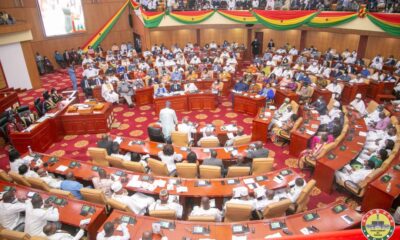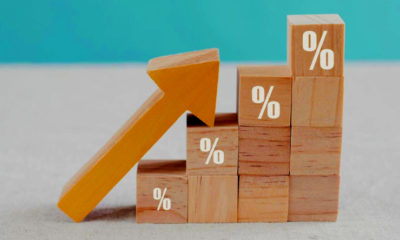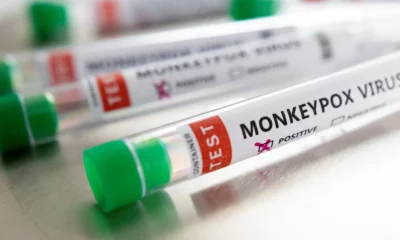The deputy chief executive officer of Ghana’s Cocoa Marketing Board has confirmed that the body has signed $800 million syndicated loan with banks, and expects to draw down the first $600 million from next week.
The West African nation uses a yearly syndicated loan, typically agreed upon at the beginning of the farming season in September, to finance its purchases of beans from farmers. However, this year’s loan has been delayed as Ghana attempts to restructure its bilateral and commercial debts while battling its worst economic crisis in a generation.
“I joined COCOBOD in 2018 and this is the hardest transaction we have had,” COCOBOD Deputy CEO, Ray Ankrah, told journalists.
“It’s been signed and we are working on the drawdown. We’re drawing down $600 million by the end of this week and we expect to draw down the $200 (million) in the middle to the end of January,” he said, adding that the terms of the loan had not changed from those presented to parliament last month.
The transaction was recently approved by the Ghanaian parliament, enabling the COCOBOD board to finalise the documentation with the participating banks. The law permits COCOBOD to pay interest at a rate of almost 8%, which consists of a 2.65% margin and the one-month Secured Overnight Financing Rate (SOFR), which is currently at 5.3%.
Ghana is the world’s second-largest cocoa producer behind neighbouring Ivory Coast. West Africa collectively supplies two-thirds of the world’s cocoa crop, with nearby countries like Ghana, Nigeria, Cameroon, and Togo producing additional 1.55 million tonnes annually. But production has been affected by irregular climate, drought and flood in recent years.
Some observers have argued that the continent must step into the processing of raw materials like cocoa to maximize market opportunity for end products, otherwise the industrialized societies with chocolate factories will continue to milk the space at the expense of producers of local raw materials.

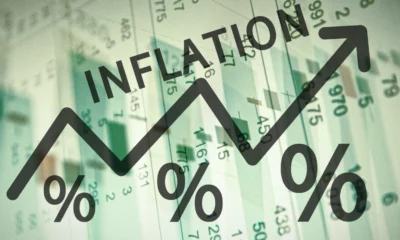
 VenturesNow2 days ago
VenturesNow2 days ago
 Musings From Abroad1 day ago
Musings From Abroad1 day ago
 Metro1 day ago
Metro1 day ago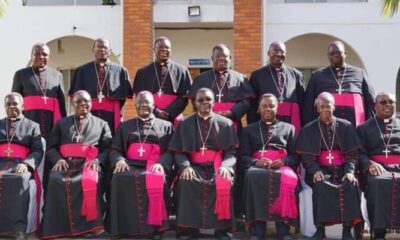
 Metro23 hours ago
Metro23 hours ago



